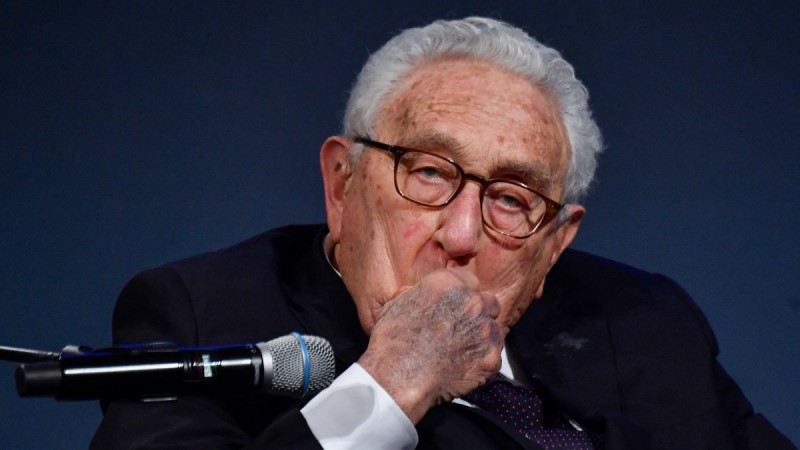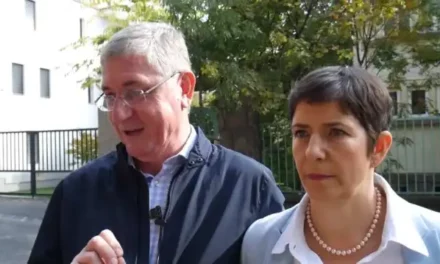It is time to build on the strategic successes achieved so far, and peace must be achieved with the help of negotiations along these lines - said former American Foreign Minister Henry Kissinger in his latest analysis, who shares Viktor Orbán's position: negotiations can bring peace after an immediate ceasefire. At the same time, the former US Secretary of State sent a message to those who want to see "Russia rendered impotent by the war": "Moscow's historical role must not be degraded", Mandiner reviews The Spectator's article.
In an article published on Saturday in the columns of The Spectator, Kissinger explained his argument, which he starts with the fact that no one would have entered the First World War - which he calls "cultural suicide" - if each side knew in advance what kind of destruction could be caused to the other. That is why some people wanted to end the bloodshed already two years after the outbreak of the conflict in 1916, because they realized that there is no compromise that would mean a greater sacrifice than the millions killed, so they wanted to negotiate peace through American mediation.
According to Kissinger, with the arrival of winter, the Russian-Ukrainian conflict may reach the "turning point" described above, and he adds:
It is time to build on the strategic successes achieved so far, and peace must be achieved with the help of negotiations along these lines".
The former US Secretary of State draws attention to the fact that the current conflict is "a war in which two nuclear powers compete against a conventionally armed country", which is a clear indication that Ukraine is a proxy war between the United States and Russia.
It would bind Ukraine to NATO, no matter how we put it,” as he believes neutrality is no longer an option for Kiev. He also wants Russia to withdraw to lines before February 24, while the other territories claimed by Ukraine - Donetsk, Lugansk and Crimea - "could be subject to negotiation after the ceasefire".
"In addition to strengthening Ukraine's freedom," the agreement would seek to "define a new international structure, especially for Central and Eastern Europe," in which Russia should "eventually" find a place, he explained.
While some would prefer a "Russia rendered impotent by war," according to Kissinger, the former US politician disagreed, arguing that Moscow's "historic role should not be downplayed." Breaking up Russia would make its vast territory a "disputed vacuum" where "competing societies may choose to settle their disputes by force" and neighbors may try to claim territory by force, all in the presence of "thousands of nuclear weapons."
Photo: John MACDOUGALL / AFP












